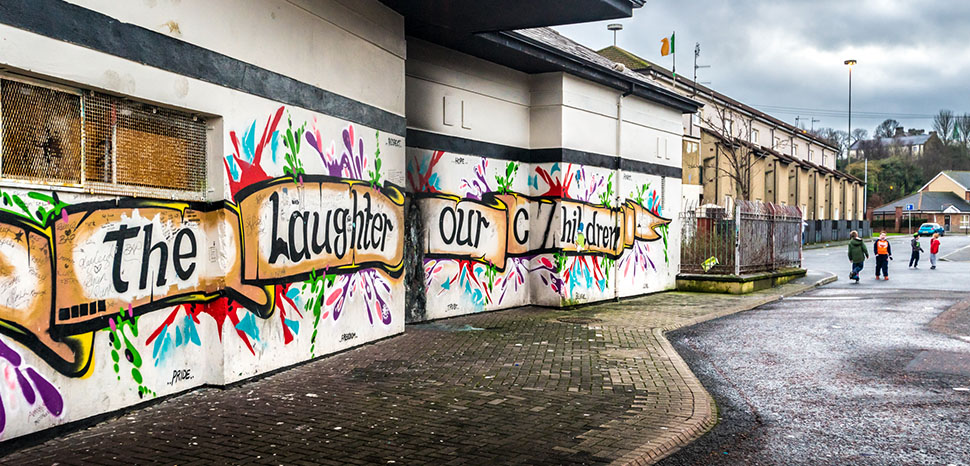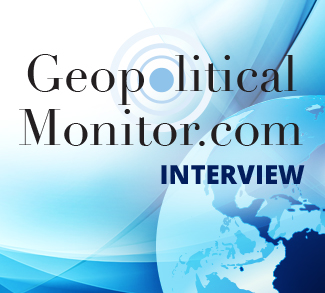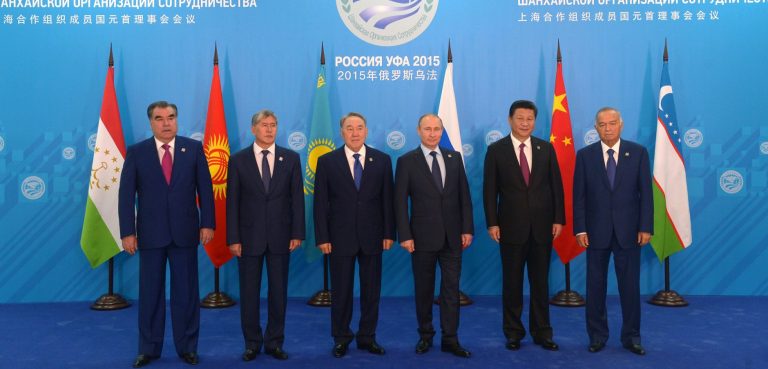On January 1st of this year, the Immigration Act (1971) of the UK was amended to revoke the free-movement rights of European Union citizens with the exception of those from the Republic of Ireland. The Home Office said that Irish citizens would “continue to be able to enter and live in the UK as they do now.” This act and parallel Irish legislation permitting free movement of British citizens recognized 100 successful years of what became known as the Common Travel Area, or CTA.
Ireland is completing its ‘decade of centenaries’ which remembered events from the signing of the Ulster Covenant in 1912 to the establishment of the Irish Free State in 1922. The centenary of the CTA may not be celebrated despite it having a most profound and enduring effect on both sides of the Irish Sea. This is because its origins are obscure and seldom studied.
One hundred years ago, George V sent his viceroy, Lord FitzAlan, a telegram to say that he was gratified by the successful establishment of the Provisional Government in Ireland and that he was confident the viceroy would “do all in your power to help its members to accomplish the task that lies before them.” The orderly replacement of the British forces in Ireland was quickly achieved but it took the rest of 1922 to solve much more difficult jurisdictional issues. There was total integration of Ireland and Britain on family and institutional levels at the time. The prevailing wish of the people was that lives were not to be disrupted by the new arrangements. A Constitution Committee was established in January 1922 by Michael Collins. Senior Irish civil servants and lawyers worked from the Shelbourne Hotel in Dublin for the rest of the year. The departing British administration asked several civil servants, including Sir Alfred Cope, to remain in Ireland and report to Sir Norman Warren Fisher, founder and long-term head of the modern British civil service. Warren Fisher continued to take an interest in Anglo-Irish affairs until his retirement in 1939. The committee mainly considered weighty affairs such as the makeup and roles of the chambers of the Irish parliament but direct communication between the departments of each government was facilitated. The Home Office had indicated in February, 1922 that a passport system between Ireland and the UK was impractical and unnecessary. They commenced negotiations with the Irish Ministry of Home Affairs, which agreed in December to cooperate with the British system of immigration control. In the century since then, there have been many instances when the agreement might have collapsed, particularly when changes were made to Nationality acts or immigration laws. Anomalies arose from time-to-time such as deportation powers being available in Britain but not Ireland and Ireland recognising only British-born citizens. Each time, legislators and civil servants found ways to continue the exemption for Irish and British citizens from immigration restrictions. Interestingly, major political events such as the Irish Civil War, the Economic War of the 1930s, the Second World War, Irish withdrawal from the Commonwealth or the recent Troubles never threatened the agreement. In 1950, when the Channels Islands and the Isle of Man gained autonomy, the CTA was revised to continue their free movement. The UK delayed, until 1952, the removal of Second World War restrictions, which required permits and identification for travellers, in an effort to gain stronger alignment of immigration policies. The delay angered Northern Ireland’s Unionist population, to whom the restrictions also applied.
While the various acts emphasise regulation of immigration from 3rd countries, the CTA is most powerful where it gives the citizens of Britain, Ireland and the Crown dependencies the right to move and remain in each other’s area. Residents enjoy the privileges, including the right to vote, of the country of their domicile and are subject to its laws and taxes. As a consequence, it encouraged each country to recognize the other’s systems and institutions, even if they had matured quite differently throughout the century. Citizens moved across the border for work, business, recreation and retirement, only showing identification if it was a requirement for all residents. The provisions of CTA were included in the free movement of people within the European Economic Community when both countries joined in 1973. However now the movement of goods, which had been excluded from the CTA, was freed from control as well. During the negotiations for Brexit, both governments and Europe agreed that the free movement of people within the CTA would continue. This has significance not only for Ireland but also the Crown Dependencies. Discussions about the land border between the Republic of Ireland and Northern Ireland and the Irish Sea border concern new arrangements for the movement of goods but not people.
CTA will be 100 soon. It has withstood wars, great economic realignments, and the pandemic. It is based on the acknowledgement that residents of one jurisdiction have legitimate desires in the neighbouring jurisdiction. Its success is due to the principle that citizens of each country are treated equally according to their residence and not their origin. Imagine if the citizens of Palestine and Israel could move freely and live securely under each other’s rule. Likewise for India and Pakistan. The principles of a CTA, as developed by the UK and Ireland, are the indicators of peace and stability, so urgently needed in conflict zones around the world. CTA requires a degree of trust that, unfortunately, is extraordinary. Currently the UK and Ireland are demonstrating how such an agreement, essential to the happiness of their people, can persist even if they align their countries differently, one in the European Union and one beside it.
The views expressed in this article belong to the authors alone and do not necessarily reflect those of Geopoliticalmonitor.com




